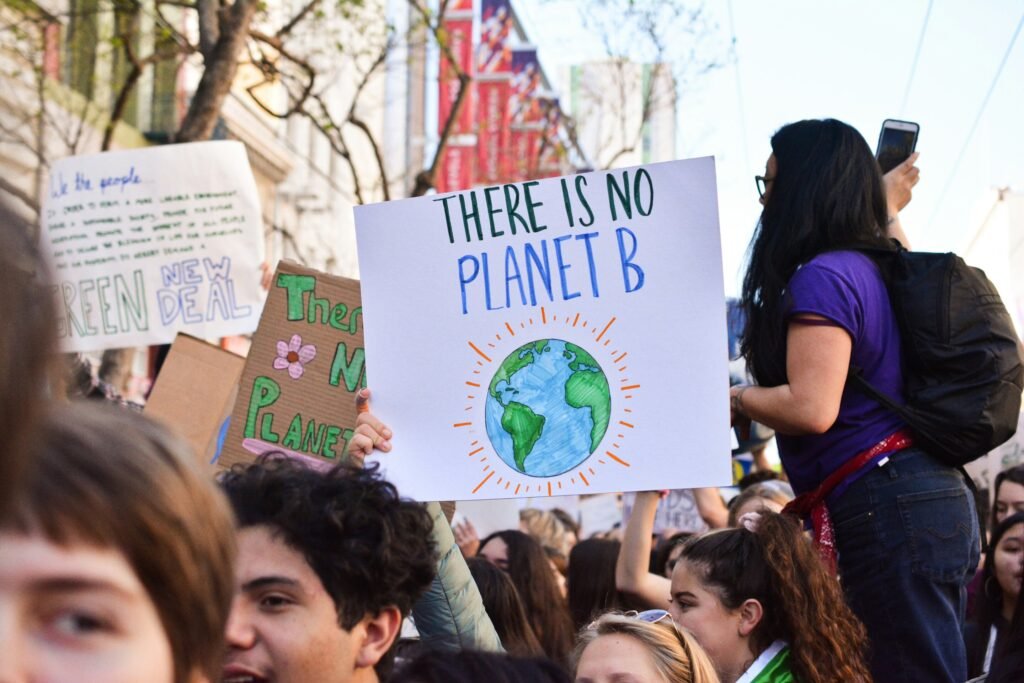Climate anxiety is a growing concern in the United States, as a recent study published in the open-access journal PLOS Climate sheds light on the factors associated with self-reported climate anxiety. The study, conducted by Katherine Kricorian from For Good Measure, along with Karin Turner and high school student Christopher Kricorian, delved into the various aspects influencing individuals’ feelings of anxiety related to climate change.
The research involved surveying 2,000 US adults, representing a diverse demographic sample of the population. Participants were asked about their knowledge, beliefs, behaviors, and emotions regarding climate change, with a specific focus on whether climate change elicited feelings of anxiety. Surprisingly, 26% of respondents admitted to experiencing anxiety around climate change, while 48% of those without anxiety also denied the reality of climate change.
The study identified several significant predictors of self-reported climate anxiety. These included increased exposure to climate change information through media, frequent discussions about climate change with friends and family, the belief that climate change would personally impact them soon, being younger, and being female. Notably, factors such as political party affiliation and education level did not emerge as significant predictors of climate anxiety.
Emotions associated with climate anxiety ranged from motivation and interest to sadness and tension. Individuals experiencing climate anxiety were also found to engage more in environmental behaviors like recycling. Moreover, respondents indicated that volunteering for environmental causes and accessing simplified climate information would help alleviate their climate anxiety.
The authors acknowledged that the survey sample may not fully represent the entire US population, as participants had previously agreed to participate in research projects. Future research in this area aims to explore the connection between personal experiences with climate-change-related events, such as droughts or wildfires, and self-reported climate anxiety.
For more information on the study, readers can refer to the publication in PLOS Climate titled “Predictors and correlates of self-reported climate anxiety in the United States” by Kricorian et al. (2025). The DOI for the study is 10.1371/journal.pclm.0000534.
As the issue of climate anxiety continues to garner attention, it is crucial to understand the underlying factors contributing to this phenomenon. By shedding light on the predictors of climate anxiety, researchers hope to inform interventions and policies that can help individuals cope with the emotional toll of climate change.


